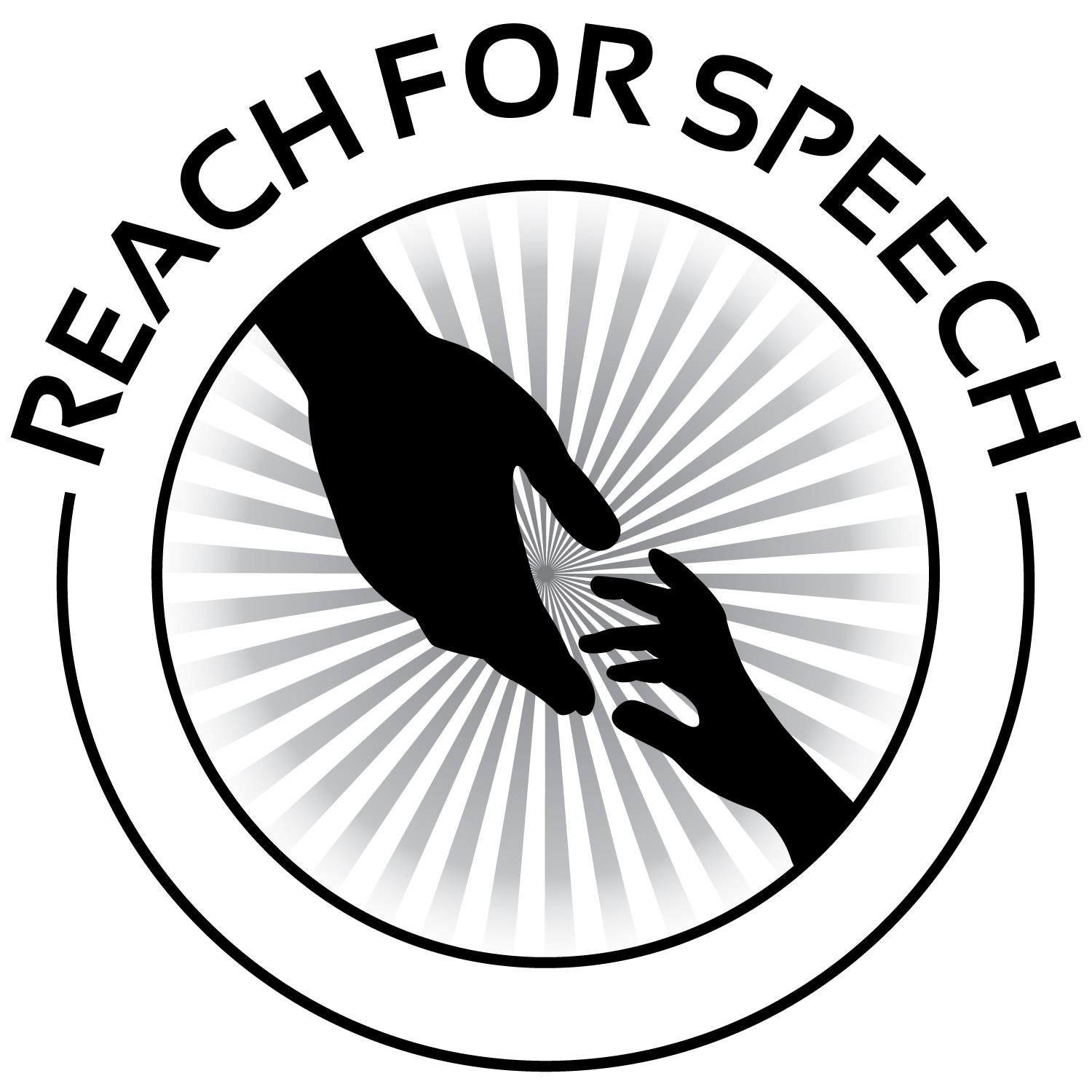School-Based Therapy vs Outpatient Clinic-Based Therapy: What’s the Difference?
“My child already gets therapy services in school, why would they need outpatient-based services too?”
This is a common question we get as an outpatient clinic-based therapy provider. We believe wholeheartedly that school-based therapy services are truly a gift for kids and can be amazing for helping them achieve their full potential in school. While there is great benefit in receiving school-based occupational, physical, and speech therapy services alone, additional outpatient services can allow us to focus on other aspects of the child’s development in their daily life and help a child work towards their goals even more.
School-based services follow an educational model, this means the child will follow a program led by their educational team, based on their needs, and facilitated through their individualized education plan. One of the biggest benefits of this type of therapy is that therapists and teachers can work side by side to identify exactly what will help the child in their school environment.
However, there are some ways in which school-based therapy is more limited than outpatient therapy. For example, school-based programs do not allow for as much parent training which means that parents cannot build upon what their child has been learning by applying it in the home as easily. School programs also often lack the unique equipment and specialty programs that can help to accelerate progress and may also have to deal with time restrictions from the IEP. Despite these limitations, these school-based services are incredible for kids and are a great way to help them achieve full participation in their education at school.
Meanwhile, outpatient clinic-based services, like the ones we offer at Reach for Speech, take a more holistic approach. With these services, we follow a medical model where an individual therapist will perform an evaluation to develop a plan of care and collaborate with parents and doctors to make decisions about the frequency and duration of services. We also encourage parents to sit in on sessions so they can really understand where their child is struggling and develop skills that they can use to help their child practice these skills at home.
Unlike school-based programs, we are able to focus on the medical condition that may be causing the deficits. This allows us to focus on your child's whole life, aiming to help with full participation in everything they do both at home and in the community, rather than just the skills they need to succeed in school.
While this might make the two approaches sound very different, they are both better when they are working together, that is why here at Reach for Speech we are dedicated to collaborating with our patients' school-based therapists to ensure we are addressing all of their needs! If your child currently receives school-based therapy services, they might additionally benefit from outpatient therapy services. If this is something you are interested in for your child, please call our office to set up an evaluation for physical, occupational, speech or feeding therapy.

